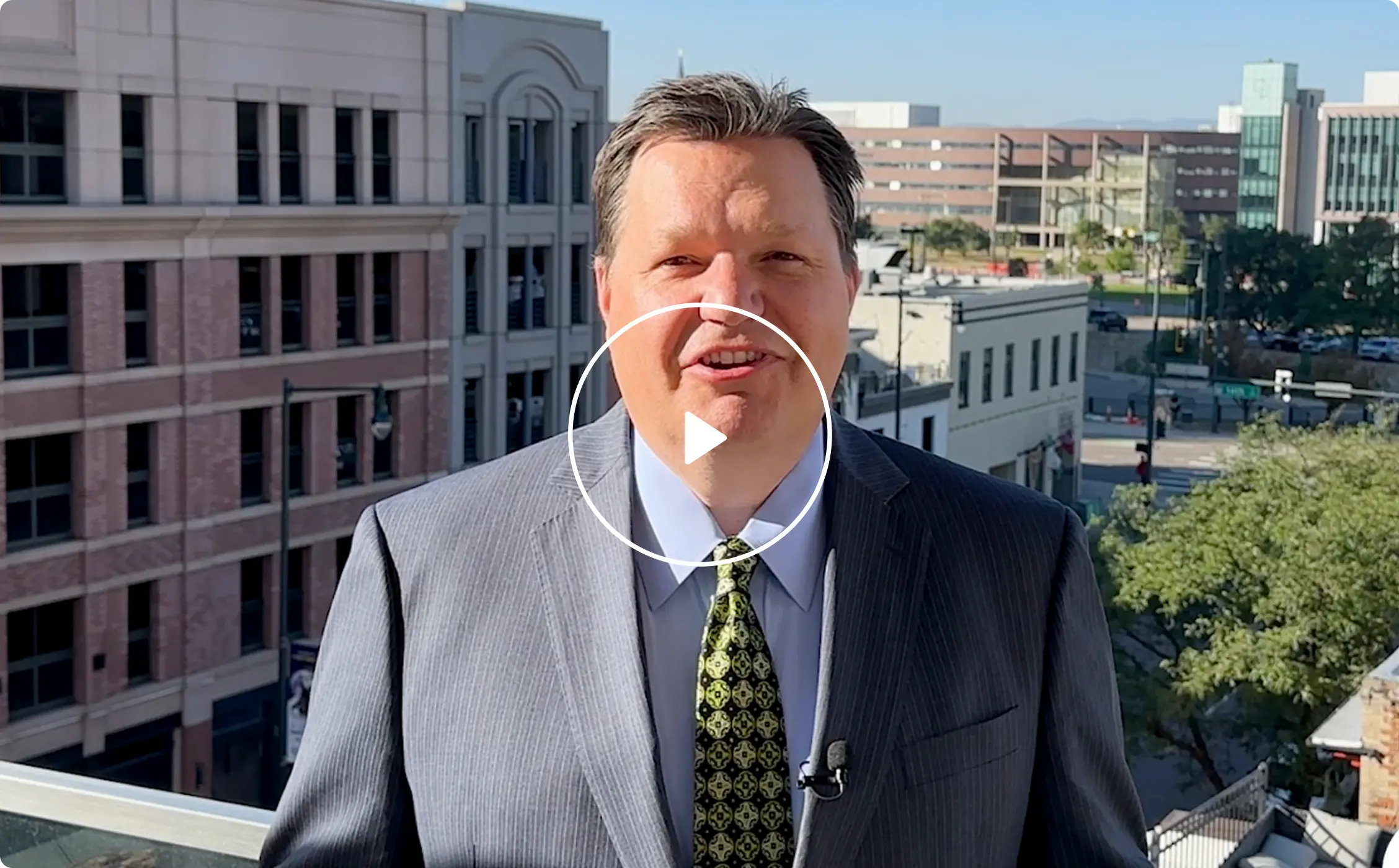POLICY
We work directly with business leaders and lawmakers to advance policies that strengthen Colorado’s economy and protect what matters most to employers.
View Our Policy Positions

Our economic success depends on how we support our education system. Colorado requires a strong education system – all the way from preschool to post-secondary – to meet the demands of the knowledge-based economy we are working so hard to grow in Colorado. Building a homegrown, smart workforce to fill the needs of our employers depends on our ability to educate our kids effectively and accurately assess our progress in doing so.
Technology stands to change how we move people and goods more than any innovation since the automobile. Interstate 70 is an essential artery in Colorado for business and recreation. We’re committed to improving travel on I-70 because it is essential to our economy and protecting the quality of life that has attracted people to our state.
Read our white paper on Interstate 70 and its impact on business
Learn More
Colorado is home to one of the most diverse energy industries in the country—and some of the most stringent regulations to protect our environment while we power our state and the nation. We support a diverse energy portfolio that takes advantage of the innovative, technology-drive solutions our workforce is known for.
As a headwater state providing water to nine states and one country, the importance of water cannot be understated. We’re focused on finding solutions that benefit all corners of Colorado while continuing to honor our agreements to provide water downstream.
Join our Infrastructure Committee
Learn More
As one of the fastest-growing cities in the nation, Denver is also home to a housing market leading the nation for appreciation. The influx of people and high appreciation rate are causing a housing crisis. The lack of affordable options, from affordable rental properties to the entry-level homes for sale, is making the metro area unaffordable for a large portion of our workforce. We’re focused on cross-sector solutions to make the Denver metro area a place anyone can call home.
Join our Public Affairs Council
Learn More
Read our white paper on housing and the challenges our region's workers face
Learn More
Just what does opening primaries to unaffiliated, or independent, voters have to do with business? It’s a top priority for our business leaders because we believe when we involve all voters in the full election process, we get better candidates—and legislators can be rewarded, instead of penalized, for compromise and crossing the aisle to get things done. In 2016, voters approved two important measures. The first will allow independent voters to participate in the primaries. The second will restore the presidential primary. These efforts were led by the Chamber and a coalition of leaders as Let Colorado Vote.
Read our white paper on engaging independent voters
Learn More
HOUSING
The Chamber supports increasing housing supply to improve affordability for every Colorado budget. A major barrier is the impact of construction defects laws on attached condos—our most affordable and space-efficient housing option. Once 20% of permits, condos now make up just 3–5%. Reforming these laws is key to building attainable housing where our workforce lives. The Chamber is actively working with the General Assembly and Governor’s Office to address this.


Even in today’s expensive real estate market, buyers can find a great home for under $500,000. The options are more likely to be attached like townhomes – or duplexes – with smaller yards. This shows how more dense development can control prices.
View Housing Map2025 LEGISLATIVE RECAP
The Chamber took a stance on 52 pieces of legislation for the 2025 session. In our 2025 legislative recap, we narrowed down the top three bills for businesses this session, and they are listed below.
One of the biggest fights of the session kicked off on day one: the effort to overturn Colorado’s Labor Peace Act. Initially expected to be the first bill on the Governor’s desk instead, it became one of the last to pass after months of tense negotiations. The Governor publicly called for a compromise that both labor and business could support, and the Chamber came to the table with serious offers and data to back them up. Our final proposal would have increased union security win rates by 131%, with 83% of those wins happening after just one election. By contrast, labor’s counteroffer merely dropped their win rate from 100% to 99.5% under the bill’s original terms. At the heart of the issue was a fundamental principle for the Chamber: a minority of workers should not be able to compel a majority—who did not vote in support of joining a union—to pay union dues. The bill ultimately passed unamended, exactly as introduced, and now awaits the Governor’s veto, which he has publicly confirmed he intends to use.
Colorado’s decarbonization requirements for commercial buildings have created significant cost and implementation challenges. In response, the Chamber—working alongside a coalition of affected stakeholders—advocated for meaningful reforms to the existing regulations. While the legislative process was difficult, the final bill delivers important improvements. It eliminates the 2026 compliance deadline, allows buildings to comply by meeting local standards such as Energize Denver, and permits use of a 2019 emissions baseline instead of 2021. Although the bill increases fees and adjusts potential fines for inflation, it removes the most burdensome penalties that were originally proposed. Ultimately, the final legislation reflects a more practical and flexible approach to compliance, and has been sent to the Governor for signature.
After a year of anticipation, Majority Leader Senator Rodriguez introduced updates to Colorado’s AI law in the final days of the legislative session. While the proposal included several business-supported provisions—such as a one-year implementation delay and a “right to cure” mechanism—it also introduced sweeping changes. Most notably, the bill significantly broadened impact assessment requirements and redefined “substantial modification” to include any party that adapts a model using its own data. This reclassification would have designated such parties as developers, subjecting them to new legal obligations and penalties. The Denver Metro Chamber originally took an amend position but ultimately shifted to an oppose due to unresolved concerns. In an unexpected turn during the final three days of session, Senator Rodriguez postponed the bill indefinitely, leaving last year’s AI Act in place as current law.
We track the bills that matter most to Colorado’s business community. Every session, our team reviews legislation through the lens of our policy priorities and member input. Backed by data and guided by a committee of business leaders, we take positions that protect your bottom line and strengthen our economy.
